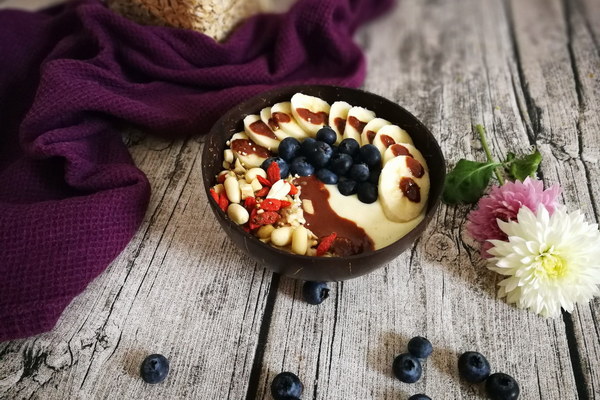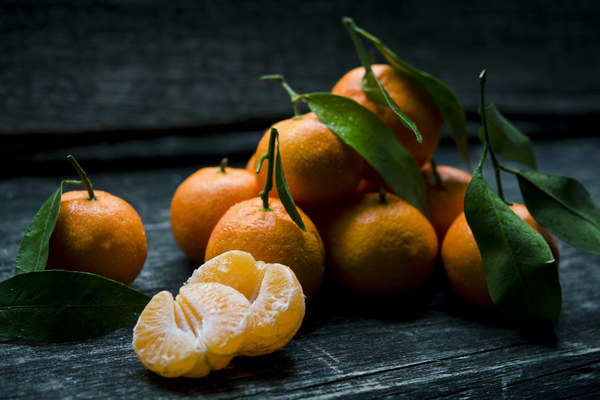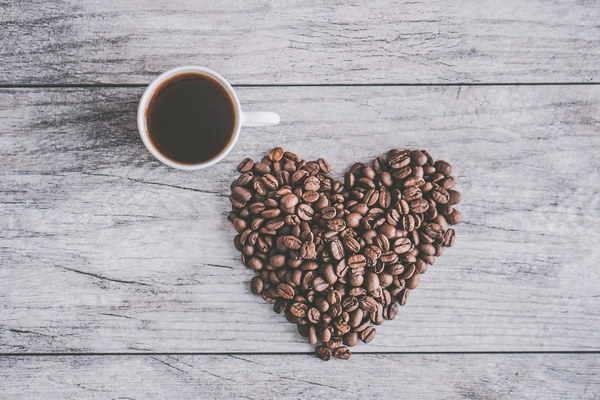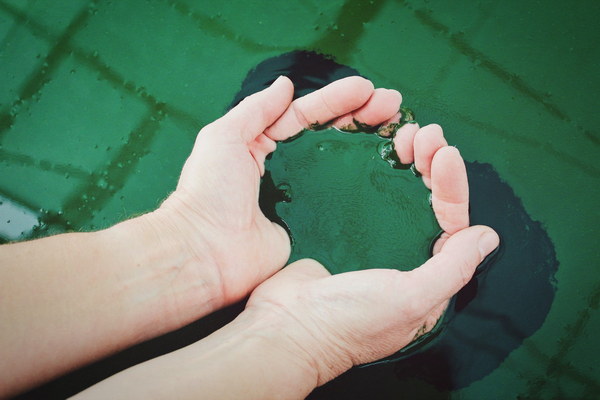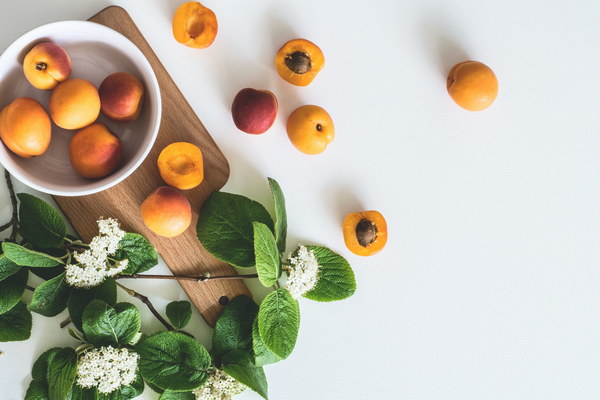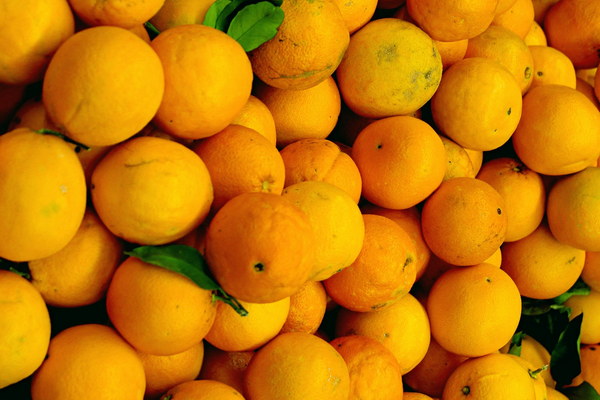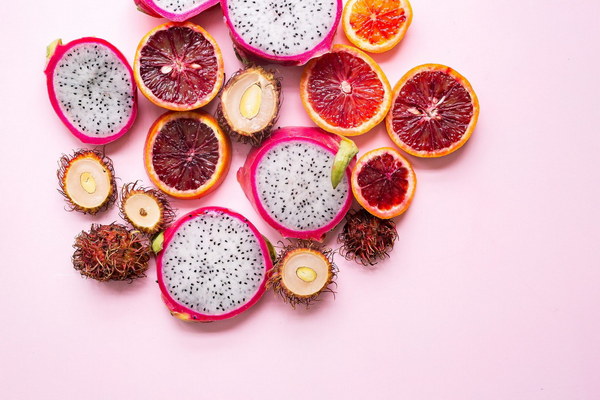Nourish Your Yin and Boost Your Qi A Comprehensive Guide to Yin and Blood tonification
In the realm of traditional Chinese medicine, the concepts of yin and blood play a pivotal role in maintaining health and vitality. Yin refers to the cooling, moistening, and nourishing aspects of the body, while blood is the substance that circulates through the meridians, providing nutrients to all tissues. When either yin or blood is deficient, it can lead to a variety of imbalances and health issues. Here's a comprehensive guide to nourishing your yin and boosting your blood, ensuring a harmonious balance within your body.
Understanding Yin and Blood Deficiency
Yin and blood deficiency can manifest in various ways, including fatigue, weakness, dry skin, hair loss, poor sleep, and irritability. To address these issues, it's essential to understand the root causes and the principles of yin and blood tonification.
1. Diet: The Foundation of Yin and Blood Nourishment
A diet rich in cooling, nourishing foods is crucial for replenishing yin and blood. Here are some key dietary recommendations:
- Vegetables: Leafy greens (spinach, kale, Swiss chard), seaweed, and squashes (pumpkin, butternut) are excellent sources of yin.
- Fruits: Melons, peaches, pears, and figs are known for their cooling properties.
- Grains: Oats, barley, and quinoa are nutritious grains that can help nourish blood.
- Proteins: Lean meats, poultry, fish, and eggs provide blood-building nutrients.
- Herbs and Spices: Astragalus, goji berries, and ginger are herbs that can support yin and blood health.
2. Lifestyle Adjustments
Lifestyle plays a significant role in maintaining yin and blood balance:
- Adequate Sleep: Ensure you get 7-9 hours of quality sleep each night to allow your body to regenerate.
- Stress Management: Chronic stress can deplete yin and blood. Practices such as meditation, yoga, and deep breathing exercises can help reduce stress.
- Regular Exercise: Gentle, regular exercise like tai chi or qigong can help boost blood circulation and promote yin and blood balance.
3. Herbs and Supplements
Traditional Chinese herbs can be a valuable addition to your yin and blood nourishment routine:
- Angelica Sinensis (Dang gui): Known as a blood tonic, it's used to invigorate blood circulation and nourish the body.
- Rehmannia Glutinosa (Shu di huang): This herb is commonly used to nourish yin and blood, particularly in cases of yin deficiency.
- Sanguisorba Officinalis (Dong quai): Often paired with angelica, it helps to tonify blood and alleviate pain.
4. Acupuncture and Massage
Acupuncture and massage therapy can also help balance yin and blood. Acupuncture points are selected based on individual diagnosis to stimulate the flow of Qi (vital energy) and blood. Massage, particularly with herbal oils, can improve circulation and reduce stress.
5. Mindfulness and Meditation
Practicing mindfulness and meditation can help calm the mind and reduce the stress that can deplete yin and blood. These practices encourage a state of relaxation, which is conducive to the body's natural healing processes.
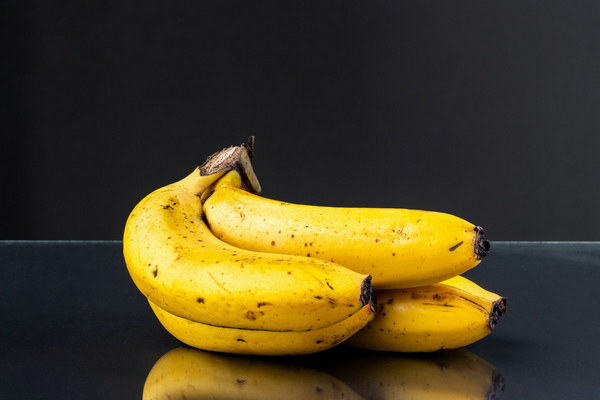
Conclusion
Nourishing your yin and blood is a holistic approach that encompasses diet, lifestyle, herbal remedies, and mindfulness practices. By integrating these elements into your daily routine, you can promote a state of balance and vitality. Remember, it's essential to consult with a healthcare professional, especially if you have underlying health conditions or are pregnant, before starting any new supplement or treatment regimen.
